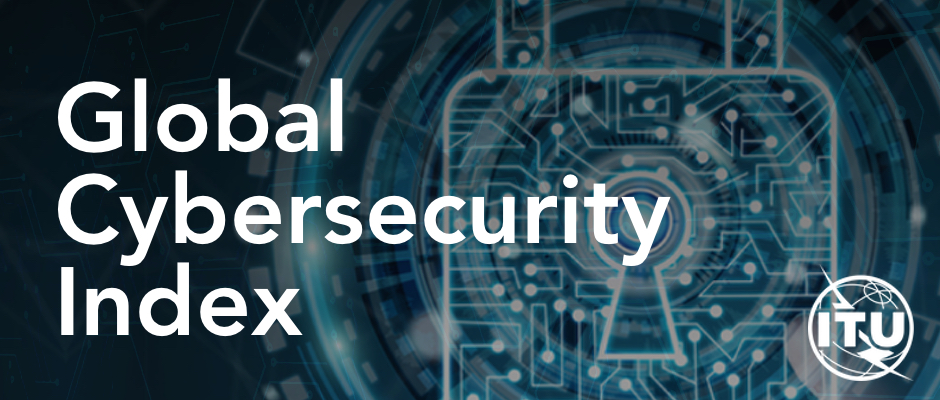
cybersecurity, also known as information security, is the set of measures and practices that aim to protect the systems, devices, digital networks and data from cyber attacks, information theft, damage or compromise.
Cybersecurity is an ever-evolving field due to the constant increase in cyber threats and vulnerabilities, and it is essential for companies, organizations and individuals who want to protect their data and digital assets.
Cybersecurity as an international issue
Cybersecurity is treated internationally as a critical national security issue., privacy and data protection, and global trade. Cybersecurity is a growing concern for governments, companies and organizations around the world, as dependence on digital technology increases and cyber threats become more sophisticated and frequent.
Various countries have their own laws, regulations and government agencies dedicated to cybersecurity. at international level, organizations such as the United Nations (HIM-HER-IT), the organization for economic cooperation and development (OECD), the European Union (EU) and the North Atlantic Treaty Organization (OTAN) have programs and initiatives to strengthen global cybersecurity.
Cybersecurity is a global issue that affects every country and region in the world, and that's why it should be addressed at the UN, which is the main multilateral forum today. Cybersecurity is not just a technical concern, but also a matter of national and international security, as cyberattacks can affect critical infrastructure, essential services and even the political stability of a country.
The UN is the main international organization for cooperation and joint action among countries in matters of security and peace.. Through its International Telecommunications Agency (THAT), the UN promotes international cooperation on cybersecurity and works to develop standards, policies and best practices to ensure cybersecurity around the world.
Besides that, the UN also plays an important role in preventing and managing international cyber crises, through cooperation among countries and coordination of efforts in response to serious cyber incidents.
Brazil's role
Brazil plays an important role in the international cybersecurity scene, working in partnership with other countries, organizations and companies to advance cybersecurity around the world.
The country has actively participated in international initiatives in the area of information security, such as the International Cyber Security Conference (Cybersecurity Week) and the UN Internet Governance Forum (IGF). Besides that, Brazil is also a member of the UN Group of Governmental Experts on Cyber Security, which aims to develop recommendations and best practices in cybersecurity for UN member countries.
At the regional level, Brazil led the creation of the Center for Studies, Response and Handling of Security Incidents in Brazil (CERT.br), which is responsible for the coordination and response to cyber incidents in the country and in the Latin America and Caribbean region.
The Brazilian government has also adopted national measures to strengthen cybersecurity, such as the creation of the National Plan for the Internet of Things and the National Plan for Information Security, in addition to public policies to promote the cybersecurity culture and the training of professionals in the area.
Recommendation
International Telecommunications Union – https://www.itu.int/en/ITU-D/Cybersecurity/Pages/global-cybersecurity-index.aspx
